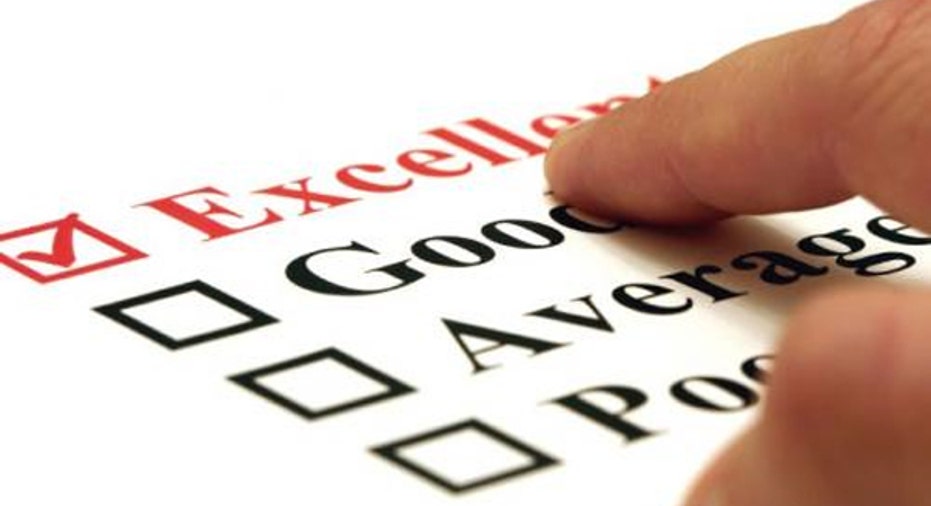Credit Score Tips for New U.S. Residents

Dear Opening Credits,
I came to United States from Bermuda in May 2011, and was able to obtain a credit card with HSBC with a $10,000 limit as they gave me the benefit of my good credit history with HSBC Bermuda. When I see my credit report at Credit Karma, I see that though my score is 731, I am penalized for average age of my credit lines and numbers/type of credit accounts. If I open new credit accounts, it will improve my utilization ratio and number of credit lines available. However, it would decrease my average history and increase the number of hard inquiries. I do not need to borrow now, but would need a good credit score in a few years to finance a house. Keeping this in perspective, should I start applying for new credit/charge cards?
- John
Dear John,
Most American adults would be wise to make the effort to develop and maintain attractive credit scores, but I fear that you're overcomplicating the matter. The reason you might be is understandable. As a relative newcomer, you're dealing with a different credit reporting and scoring system than you're accustomed to and naturally want to do all the right things.
Before I go into whether you should add another card to your wallet, take a moment to be happy that you're doing remarkably well with the one that you already have. Not only did your foreign borrowing history translate in a positive way to your U.S. credit issuer (which makes sense because you're dealing with essentially the same bank), but you started right in with a substantial credit line.
There are a few important facts to know about credit scoring, and the first is that there is not just one credit score. There are many in use today. All draw from information on a consumer's credit report by one or all of the credit bureaus -- TransUnion, Experian and Equifax -- to generate a score. The most common is the FICO score, which ranges from a low of 300 to a high of 850. This score are available for purchase on myFICO.com for about $20. However, you received your score from Credit Karma, which provides clients with the VantageScore, which ranges from 501 to 990. Credit Karma also provides another scoring model developed by TransUnion, called the TransRisk score, which has the same numerical span as FICO.
Now, if you had a 731 FICO score, your credit rating would be considered excellent. That same number for a VantageScore, however, is classified as a "C" grade. That's not bad, considering that you've only just started out. An "A" VantageScore would be at least 901, and to get there you'll need to do what it takes to achieve any great score: Borrow and repay responsibly with a number of different types of credit instruments over time.
It seems that you are doing quite well with what you have, so keep it up. Spend with your current card, always pay on time and pay off what you charge in full. All scoring models will rate this behavior strongly and positively. I do recommend getting another account of a different variety -- such as a charge card -- to bump up your numbers up a tad. If you aren't carrying a balance from month to month, a second line of credit won't benefit you by increasing up your debt-to-credit utilization ratio, but it will help in the " types of credit used" credit scoring factor, which accounts for 10 percent of your FICO score. Just don't open too many cards at one time, as multiple hard inquiries will temporarily ding your credit and may raise some red flags for lenders.
While you're getting free scores from Credit Karma, it would be worth buying your FICO score from myFICO.com, too, since most mortgage lenders use that score to make decisions on who qualifies for a loan, and at what rate. In the meantime, focus on stabilizing your employment and accumulating a down payment. After all, a lender will be looking at your overall financial circumstances, not just your score, to determine loan size and to set terms.



















